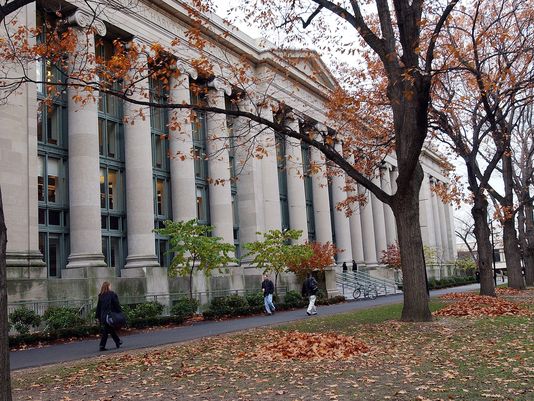A successful college experience must provide not just the right academic and social fit but also the right financial fit. A few suggestions to find yours:
- Keep an eye on completion: Check collegescorecard.ed.gov to find the current overall graduation rates at the colleges you’re considering. Ask the colleges for their graduation rate specifically for low-income (Pell-eligible) students, if that describes you. (Find comparisons of Massachusetts public and private college graduation rates here.)
- Remember a loan is not a grant: On their financial award letters, many colleges fail to separate loans from grants. It’s important to understand which parts of your package are loans that you’ll be repaying, with interest. (See how to read between the lines of a financial aid letter here.)
- Mind the gap: The most important number on a financial award letter may be one you have to calculate yourself. Subtract all grants and scholarships from the total cost of attendance; the remainder is the amount you’ll need to cover either immediately or eventually. (Beware: The gap numbers some colleges calculate for you include your loans, making them look smaller than what you are actually on the hook for.)
- Learn to quadruple: Unfortunately, colleges don’t tell you the minimum price you’ll have to pay for your degree. So multiply the cost you must cover your first year by at least four (remember that tuition and fees will likely increase, your grants may decrease, and it may take you longer than four years to complete your degree).
- Consider the community route: If the cost seems too high for your family and the salary you expect to earn with your degree, consider going to a community college for two years, then transferring, which could cut your debt in half.
- Be careful with Parent PLUS: These loans can be dangerous, since the dollar amounts are not tied to a parent’s ability to repay them, and the interest rate is now nearly 7 percent.
- Avoid the transfer trap: If you ever want to transfer to a cheaper school but have an unpaid balance, many colleges will refuse to release the transcript you’ll need to take your credits with you. Ask colleges about their policy before you accept.
- Don’t go it alone: Nonprofits around the state, such as uAspire andAmerican Student Assistance , offer free counseling to students trying to make sense of award letters or trying to manage debt through loan forgiveness and other programs.
Written by Neil Swidey


